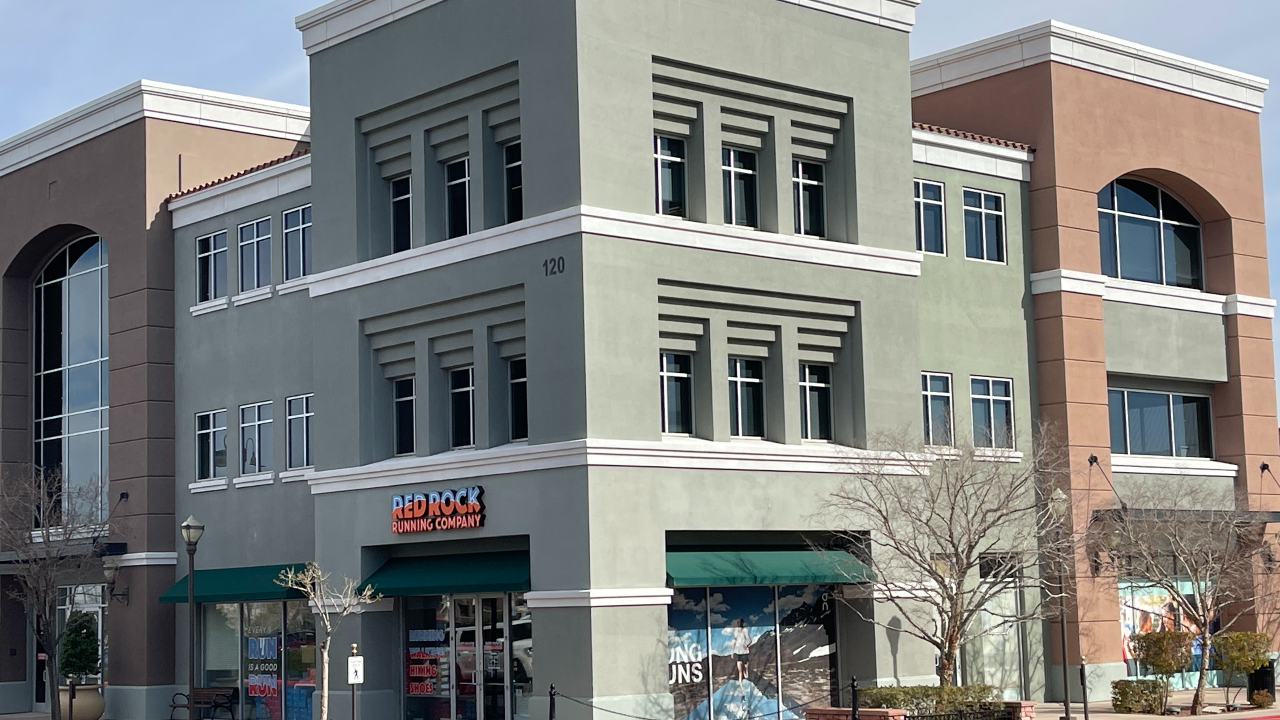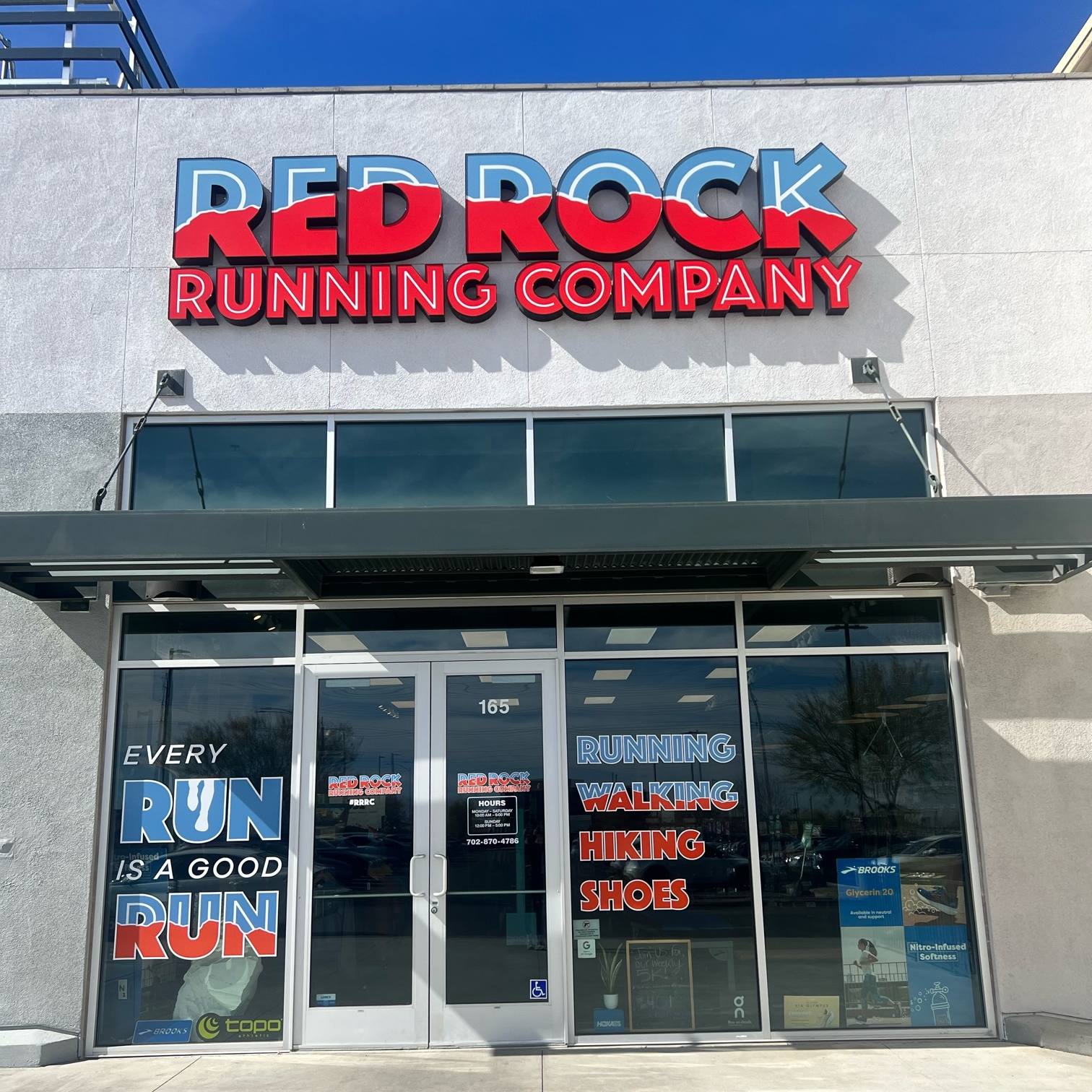5 Best Practices for Successful Store Leasing


Since most running store owners negotiate relatively few commercial space leases in their careers, having a professional with many years of experience in lease negotiations on your side can make all the difference in obtaining advantageous terms.
“Our job is to get the best deal, and there’s more than one way to do it,” said Richard Aries, president of ESR Commercial.
ESR is an associate member of the Running Industry Association, and Richard and his son, Garrett Aries, are available to assist RIA members with securing store space. With more than 35 years of working with commercial and retail tenants across the nation, the ESR team guides each client through any and all types of real estate issues, questions, or concerns at no cost to the store operators! The leasing companies pay commissions to ESR.
“I’m here to make our clients feel comfortable. Oftentimes, they don’t know what to ask for in a lease since they are not in this world,” Richard explained. “It’s always good to have someone in your corner giving you advice.”
He and Garrett take pride in answering client questions throughout the lease search and negotiations process, and well beyond it. Not only are they involved in finding the right commercial buildings and drawing up offers, but they also consult with past clients months and years after the deal has closed. ESR is committed to ensuring that store operators understand their contracts and know their options for the long term.
Demonstrating their commitment to RIA members, Richard and Garrett are sharing a few best practices for successful store leasing.
1. Always do your due diligence to know if you are in the right store location or whether a move would be beneficial. Are you 100% sure that you want to stay in your same space? If you are 99% or less sure, it doesn’t hurt to look at relocating. You don’t know what’s out there until you look. You may be in exactly the right spot or you may need to move because you are busting at the seams and need more space to expand. But do you have enough business to support a larger space that may be more expensive? Can you expand at your current location? If you are staying at the same size or expanding, can you negotiate a better deal? Many questions should be considered. Some answers will come from your own business data, while others may need researching, which is where a broker can be helpful. Knowing the real estate market cycles is another factor in deciding when it is a good time to move.
2. The top two decisions to be made after you decide to open a store or relocate are: what size and where. The store size is based on each operator’s plans for inventory and sales, as well as how much space they can afford in their desired geographic area. As far as location, most store owners want it near where they live but also with great visibility to a lot of traffic. Running stores also look for being near popular running routes. ESR has access to commercial site reports from every state, which can help with narrowing down the preferred location.
3. The goal is to make lease offers for multiple locations to obtain the best deal. After touring and researching a few locations with ESR’s assistance, the storeowner should narrow down those to two or three top picks to make an offer on. No offer is binding until the lease is signed, unlike residential real estate deals that lock in commitments if offers are accepted.
4. There are many ways to save money on a lease, besides negotiating a low monthly payment. In fact, the monthly rent may be the least important aspect of the deal. A lease could include free buildout, periods of free rent, better move-out terms, or other savings.
5. It takes longer than you think to make a great deal. If you want to sign a lease in a week, it can be done but usually for full asking price. The average time from starting the process to completing the lease is usually three to four months, on a case by case basis. Additional time will be necessary buildout and move in. You are encouraged to start as early as you can up to a year, because it’s better to have more time than less time. Make sure you select a broker who is willing and available to stay very involved in your leasing process from being to end (and even beyond) so you are not left wondering about any part of the contract.
Some content and resources may not be visible because you're not logged in. If you are a current member, use the login form below. Not yet a member? Join today!
More from the RIA
-
Letter from Executive Director
-
Q1 2026 Huddles
-
Submit Your Running Specialty Hall of Fame Nomination by February 9th
-
2026 RIA Board and Executive Team
-
Letter from the New RIA Board President
-
2026 Summit Retailer Registration is Open!
-
TRE Activations
-
A letter from the Executive Director - Never Static and Always Moving Forward.
-
November is National Run Safety Month - Learn How to Merchandise your Store
-
PDC Update: Version 2.0 Brings Major Improvements